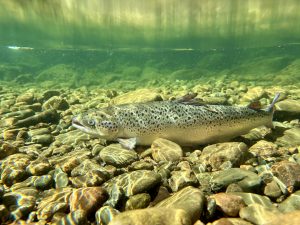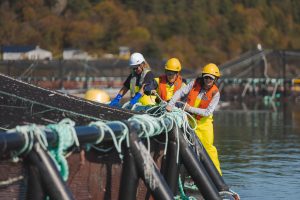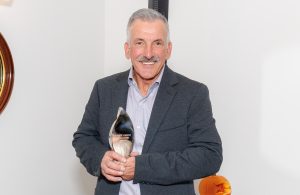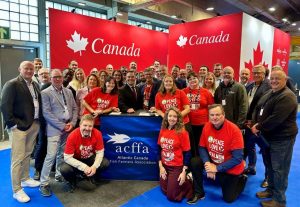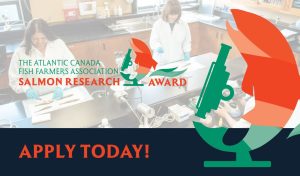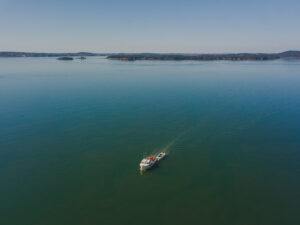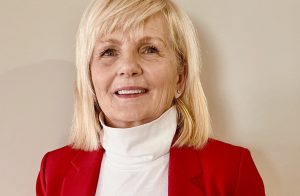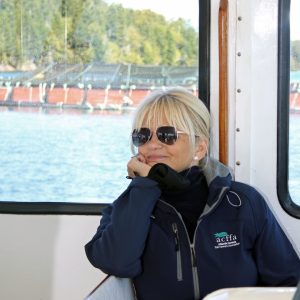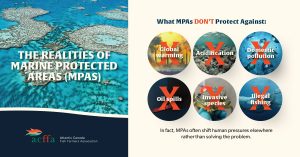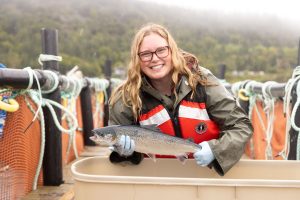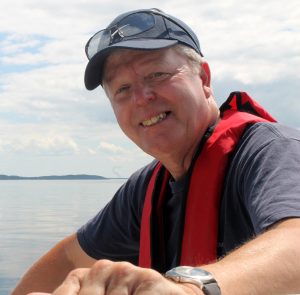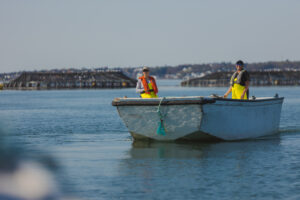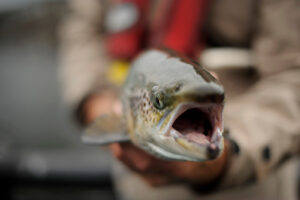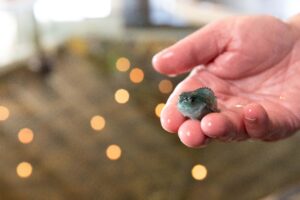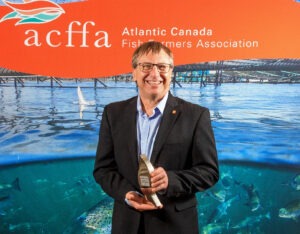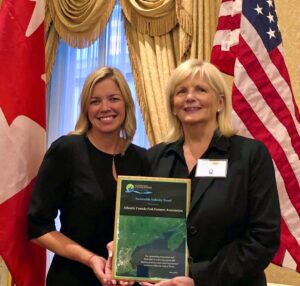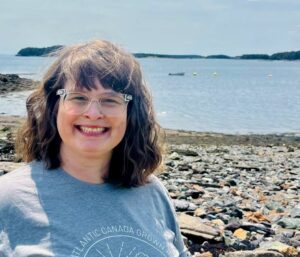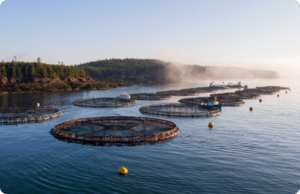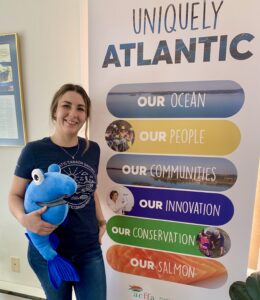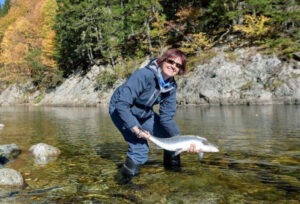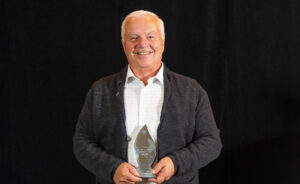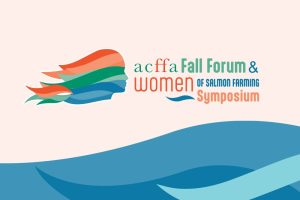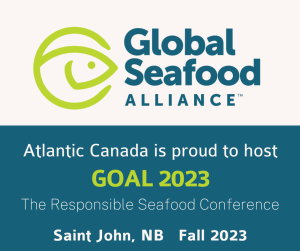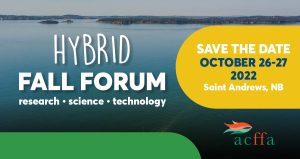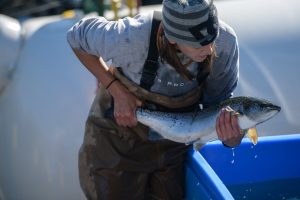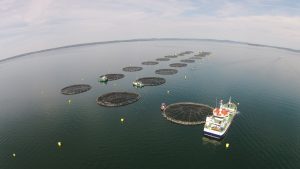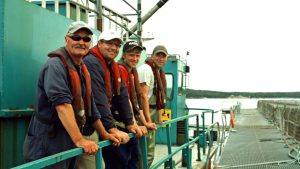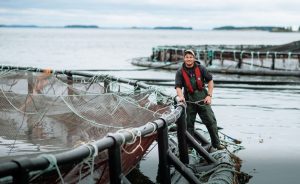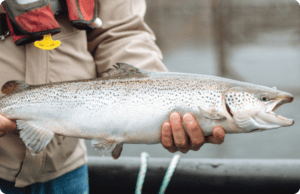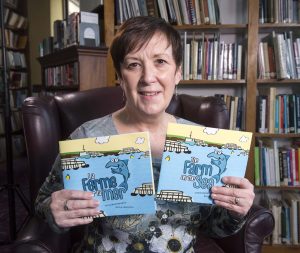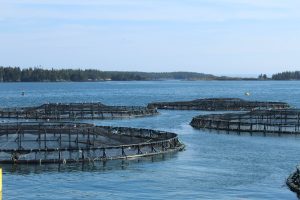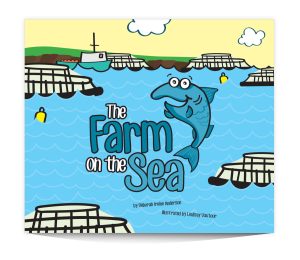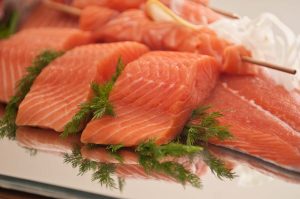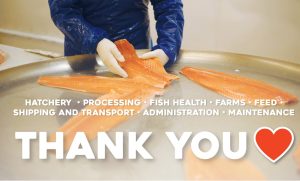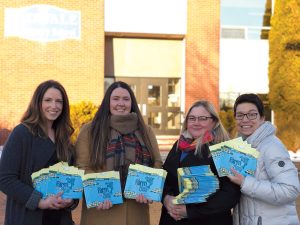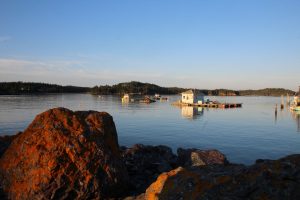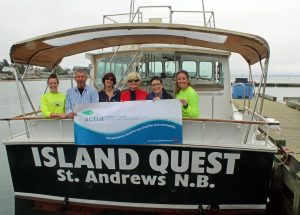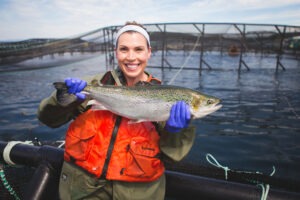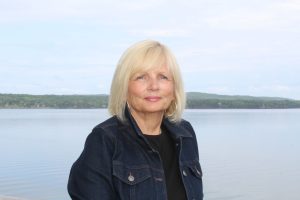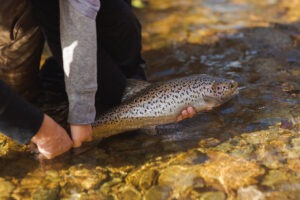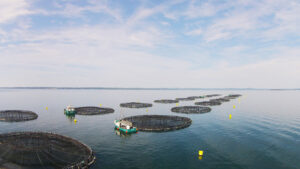Earlier this week, Department of Fisheries and Oceans research scientists Travis Van Leeuwen and Ian Bradbury based in Newfoundland spoke publicly to media making speculative statements in relation to their review of Atlantic salmon in Conne River, on Newfoundland’s south coast.
Van Leeuwen and Bradbury noted there were three major issues causing wild salmon decline in the Conne River, NL, including climate change and predation, yet they subjectively deemed aquaculture the most significant without presenting any conclusive data to back up their claim. This is unacceptable coming from federal government scientists.
The future of Canada’s economically important aquaculture sector is dependent on the quality and objectivity of sound science to inform regulatory and policy decisions that govern the sector.
Salmon farmers support strong and consistent financial support for DFO and independent science. Aquaculture will play an increasingly important role in ensuring Canadians and the world have a safe, secure, and sustainable food supply.
In response to these DFO researcher’s allegation, we point out the following facts and call on them to retract their biased comments:
- It is well documented that wild Atlantic salmon populations across the Atlantic region including the Conne River have been in decline for decades for many reasons including predation from rapidly growing seal populations – long before salmon farming began.
- Very few farmed Atlantic salmon have ever been detected in the Conne River. Bay d’Espoir salmon farms are 15-20 km away from the Conne estuary. It is a well-known fact that genetic material from Atlantic salmon of European origin is regularly found in wild salmon populations in Newfoundland and the Maritimes. This is likely part of the naturally occurring drift of wild salmon populations in the North Atlantic being influenced by well documented south to north warming due to climate change.
- The aquaculture industry adheres to a strict Code of Containment to prevent fish escapes. Salmon farmers are vigilant at regularly inspecting and maintaining the integrity of their farms. Escapes have been dramatically reduced since the early 1990s and are well below one per cent every year since 1995.
- Sea lice parasites that naturally exist in the ocean are not a significant issue for salmon farms in Bay d’Espoir because of the freshwater influence; wild smolt run timing is also out of seasonal sync with appearance of gravid female lice on farms.
“Post smolt salmon tend to migrate rapidly past aquaculture sites. The risk of disease transmission or sea lice transmission from farmed salmon to wild salmon is low even when the natal river empties into the same open bay occupied by the salmon farm. While mature wild salmon typically return from sea to their native river to spawn, approximately 12 to 15% of the returning mature salmon migrate to a different river.”
Dr. Kurt Samways, Parks Canada Research Chair in Aquatic Restoration at University of New Brunswick.
- Over the last two decades, federal and provincial forums have reviewed scientific literature detailing the benefits and risks of salmon farming. These comprehensive forums have engaged academia, ENGOs, First Nation communities, aquaculture professionals, and fisheries scientists. The reviews have found less than minimal impact to wild salmonids, the family of fish that includes sub-species of salmon, trout, char and freshwater whitefish.
The salmon farming sector is committed to constant improvement. When scientific findings point to the need for any changes to address environmental risks, the sector will respond, as it always has, with innovation to address the risks. The salmon farming industry, like all protein producers, must rely on regulators that use robust unbiased science evaluation capabilities to continue to make long-term investments.
As we move forward to realize the potential of salmon farming for Canada, governments and elected officials need to be able to defend the integrity of their scientists to shape effective regulatory systems going forward. There is no room in that discussion for speculative, biased science. The fact is climate change and predation have been occurring long before salmon farming. For these two researchers to point the finger at salmon farming alone as the major reason for wild salmon decline in the Conne River is irresponsible.

